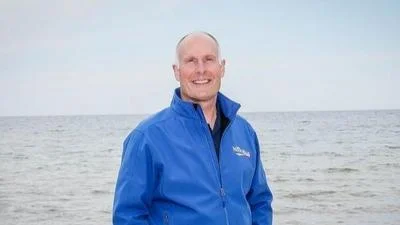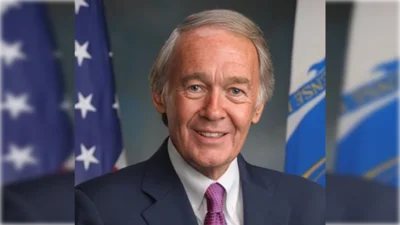We cannot continue to under-invest in the short term and pay several times over in the long term recovering from damages that could be mitigated with proper front-end investment.
Assistant Secretary Darcy and General Bostick, we appreciate you appearing before the Subcommittee this afternoon.
It has been a busy several years for the Corps. Most recently, the Corps has been grappling with the consequences of super storm Sandy. Last summer, we faced drought in the middle of the country and the corresponding challenges to waterborne navigation. Before that, the Corps responded to flood events in the Mississippi and Missouri River Basins and widespread flooding in the Northeast from Hurricane Irene and the Corps role in the disaster recovery efforts from the devastating tornados that struck Missouri and Alabama.
I mention these events to point out the important and vital function that the Corps plays in our nation's ability to prevent and respond to natural disasters. And I know that many people on this dais and throughout the country are very thankful for the Corps efforts in this regard. However, these events draw attention to the significant cost borne by the Government, and ultimately the taxpayer, in the initial response and in the long-term reconstruction efforts.
We will never be able to entirely prevent damage from such natural disasters. Yet there is every indication that such events will become more frequent and more severe, so we must begin to address the long-term sustainability of our nation's economic and cultural health. We cannot continue to under-invest in the short term and pay several times over in the long term recovering from damages that could be mitigated with proper front-end investment.
If historical patterns in budgeting for the Corps persist, I expect that the coming budget request will continue this disinvestment. In the constrained budget environment in which we find ourselves, I have doubts whether Congress will again be able to augment funding for these critical activities.
The combination of sequestration and the Budget Control Act discretionary budget caps will, by necessity, lead us to doing more with less. In this context, the Corps must carefully examine the policies and processes that govern how it does business, from cost estimating, highlighted by the recent upward revisions to the total project cost of Olmstead Lock and Dam, to Division and Headquarters oversight. I am confident that more attention in these areas would be beneficial to the execution of work and your credibility as an agency.
Finally, as a Great Lakes legislator, I would like to take this opportunity to address the Corps on its efforts to prevent the spread of Asian carp as well as Great Lakes dredging needs. I share the grave concerns of my constituents on these imposing threats to our Lakes. The dredging needs of the Great Lakes are not being met and are woefully inadequate to state the obvious as delicately as possible. The Great Lakes ports must be addressed for the regional and nation economy. Further, these ports must be addressed as a system; individual ports cannot be assessed in a vacuum. I expect that you will address how you are approaching these pressing needs today.
I look forward to your testimony and thank the Chairman for the time.
Source: U.S. Department of HCA








